To lead the world, Biden's US will need China's help with North Korea
Hong Kong-based commentator Zheng Hao notes that the Trump administration's high-profiled meetings with North Korea established communication at the very least, even if long-term peace in the Korean peninsula is still out of reach. Will the Biden administration be able to do any better, with China's help?
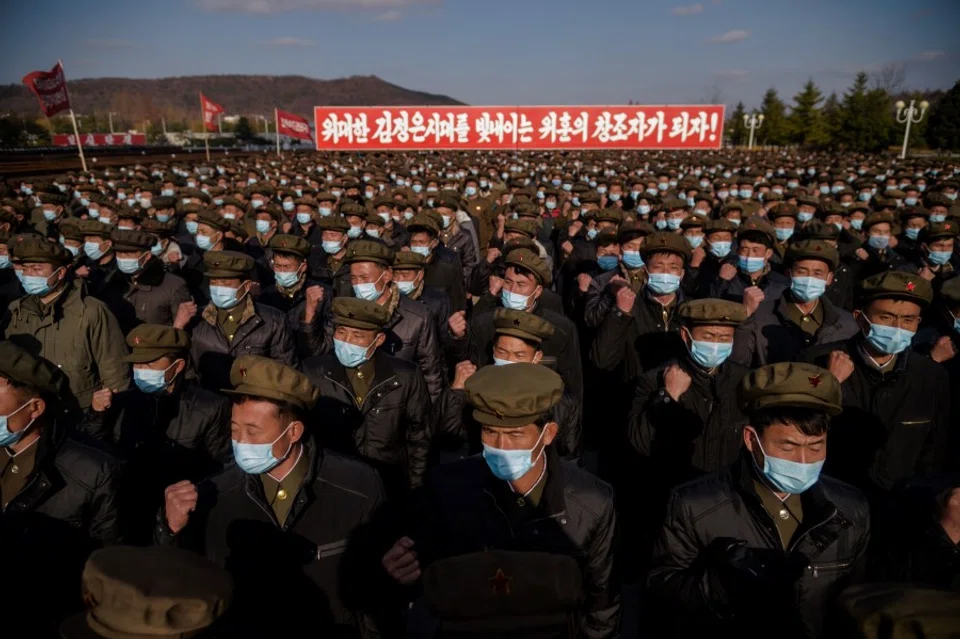
Although the outgoing Trump administration has chalked up few diplomatic achievements, the historic dialogue between the leaders of the US and North Korea is an important result on Trump's diplomatic scorecard over the past four years. That said, how US-North Korea relations will develop over the next four years is clearly a key topic that will test the Biden administration's diplomatic efforts.
US President Donald Trump met North Korean leader Kim Jong Un three times - the "summit of the century" on 12 June 2018 in Singapore, the "second handshake" in Hanoi on 27 February 2019, and in the DMZ in North Korea on 30 June 2019. The June 2019 meeting was the first trilateral meeting of the leaders of the US, North Korea, and South Korea since the end of the Korean War nearly 70 years ago. This makes Trump the first serving US president to step on North Korean soil since the end of the war, in what can only be called an unmatched prestige.
Engagement of North Korea can stall or move forward
Despite the suspicions or criticisms directed at the US-North Korea dialogues, I feel they played an important role in easing tensions on the Korean peninsula over the past five years and preventing conflict. First, both sides achieved an in-principle consensus on normalising and building new US-North Korea relations. Second, both had in-depth face-to-face discussions on North Korea giving up nuclear weapons and the US gradually lifting sanctions on North Korea. Even though unfortunately this was not realised, both sides got a feel of each other's limits and requirements. Clearly, if there were no meetings, there would be no basic understanding. Third, both sides also agreed on promoting dialogue between North and South Korea to ensure that there would be no more fighting on the Korean peninsula, and to work to turn a temporary ceasefire into building a system of peace and stability on the Korean peninsula.
The international community is worried that not only will the situation on the Korean peninsula not improve after the Trump-Kim Summit, but North Korea-US relations will go back to the old path under the Biden presidency.
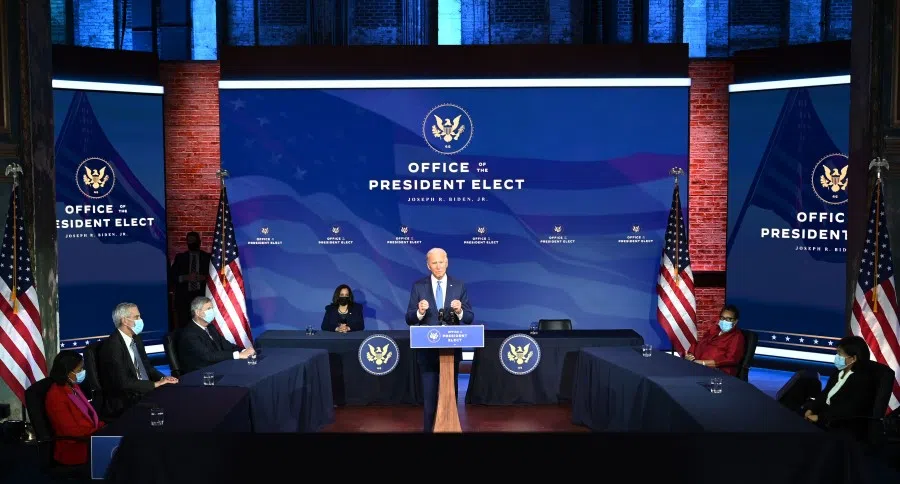
Unfortunately, despite the enormous efforts of the US and the two Koreas, there was no real progress made, for reasons that are complex and still unfolding. Currently, all exchanges at various levels have halted between North Korea and the US, as well as with South Korea, and the Korean peninsula seems stuck in a cursed cycle of good and bad situations without results. Furthermore, Pyongyang's unveiling in October of a new intercontinental ballistic missile has again raised concerns in the US, Japan, and South Korea. The US even called it a most serious threat to itself and its Asian allies. The international community is worried that not only will the situation on the Korean peninsula not improve after the Trump-Kim Summit, but North Korea-US relations will go back to the old path under the Biden presidency. That is, the US pro-establishment camp might revive Obama's more moderate and reactive policy of "strategic patience".
I feel that before Biden pushes out a concrete policy on North Korea, the situation will be determined by three main factors.
The important thing is whether Pyongyang is willing to fulfil more of its promises more effectively under such a global framework, and whether the US can respond in an even more magnanimous and active way.
Wait and see?
First, if North Korea does not carry out any new nuclear tests and is willing to engage with Washington, the Biden administration's policy might centre around observation, engagement, and dialogue. On one hand, Biden has many other more urgent priorities, so as long as Pyongyang is not provocative and does not create trouble, the Biden administration will maintain the status quo to avoid trouble, and will not actively exert pressure on North Korea. Of course, that does not mean the Biden administration will sit and wait for the situation on the Korean peninsula to improve - after all, the situation calls for the combined efforts of the US and the two Koreas, and any move by the US would be key. Hence, the US might proactively test Pyongyang's attitude to assess how much effort it is willing to make to usher in a new age of North Korea-US relations.
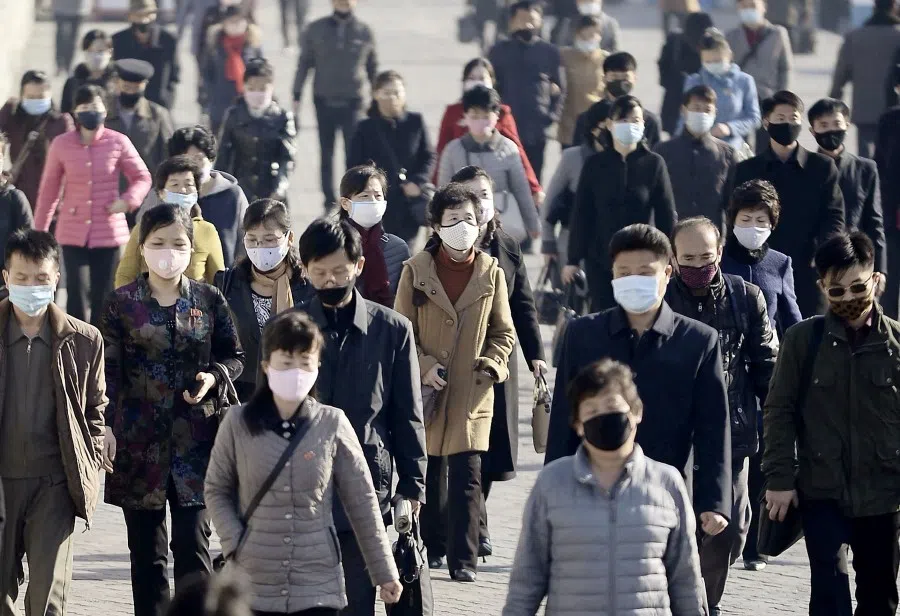
Second, Biden says "America is back [on world stage]" rather than "America First", which means that amid global order and rules in which America is a part of, there is opportunity and space to address outstanding issues in US-North Korea relations. The important thing is whether Pyongyang is willing to fulfil more of its promises more effectively under such a global framework, and whether the US can respond in an even more magnanimous and active way. Biden's mainstream policy provides a baseline for Pyongyang's assessment of North Korea-US relations; at least Biden's approach is not a synonym for unilateralism or hegemony. So, my view is Pyongyang is probably willing to give it a go.
China needs to be on board
Finally, and possibly most importantly, any movement or improvement - or otherwise - in US-North Korea relations would call for China's cooperation. The Biden administration is probably clear about this, and that goes even more for Pyongyang. Historically, Beijing's role in the Korean peninsula is mainly as a mediator to ease a crisis when it happens, to prevent conflict; and when things are going well, it nudges the various parties to be proactive and respond to commitments and actions accordingly in order to get results and avoid failure. And the way things are going now, Washington, Seoul, and Pyongyang cannot ignore or avoid Beijing's role in handling the situation on the Korean peninsula.
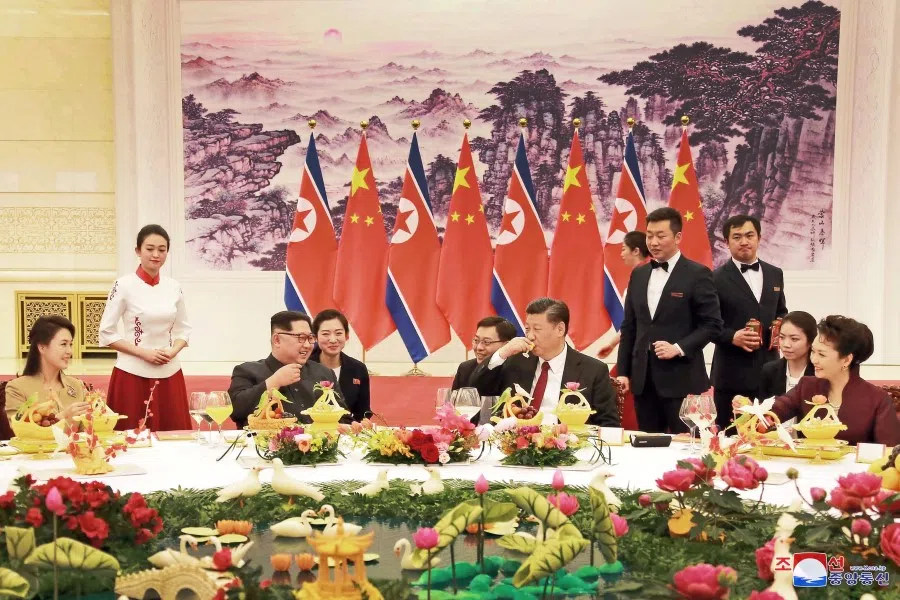
It has to be pointed out that Biden is very familiar with US foreign policy, and is very willing to engage with China. While drafting and adjusting US policy towards North Korea is not at the top of his to-do list, it would not be at the bottom either. After all, the security and stability of the Korean peninsula is in the overall interests of Northeast Asia, and in line with the security interests of the US and its allies.
Biden hopes the US will once again lead the world. If so, how can it ignore North Korea, its allies, China, and Northeast Asia?
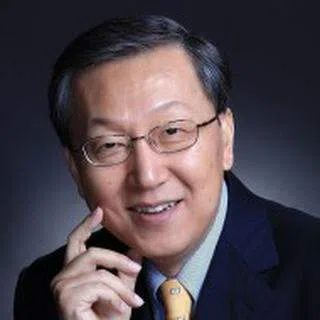

![[Big read] When the Arctic opens, what happens to Singapore?](https://cassette.sphdigital.com.sg/image/thinkchina/da65edebca34645c711c55e83e9877109b3c53847ebb1305573974651df1d13a)


